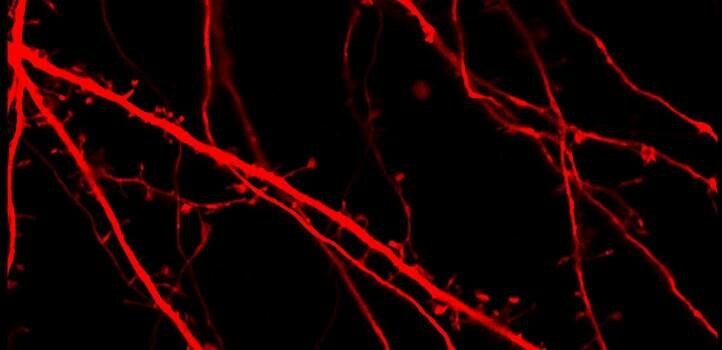A genome-wide study led by Dean Pierre Magistretti sheds light on the mechanisms through which lactate regulates long-term memory formation and neuroprotection.
The breakdown of sugar in non-neuronal brain cells, called astrocytes, produces lactate, which gets shuttled to neurons as a source of energy. This lactate not only supports the energy demands of neurons, but also rapidly and transiently activates multiple genes that modulate neuronal activity and regulate brain function.
Previous studies have shown that lactate stimulates the expression of genes encoding proteins involved in neuronal activity by signaling through N-methyl-D-aspartate (NMDA) receptors. Magistretti’s latest study reveals the extent to which lactate modifies gene expression in cortical neurons and also points to the mechanisms through which lactate modulates brain function.
